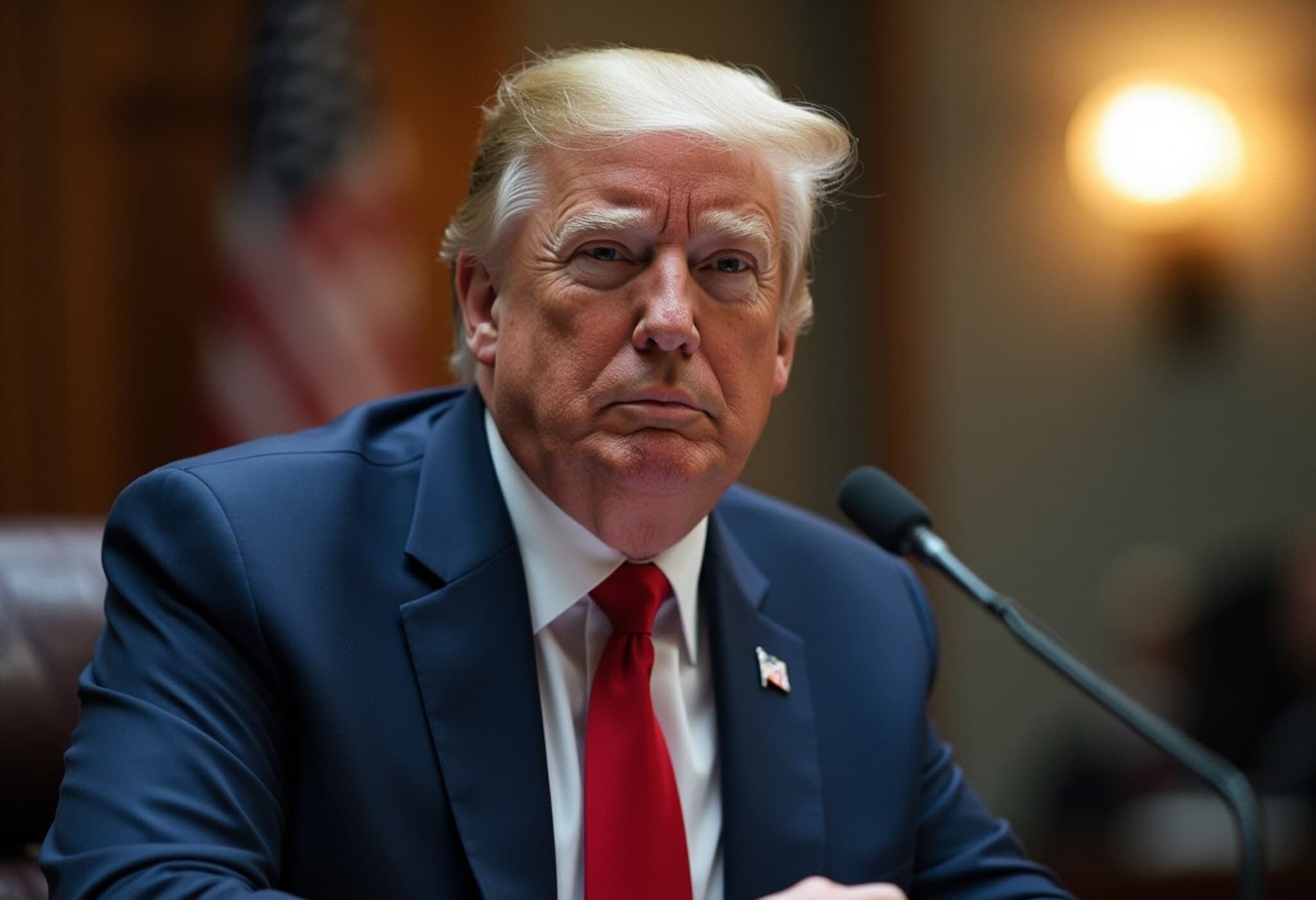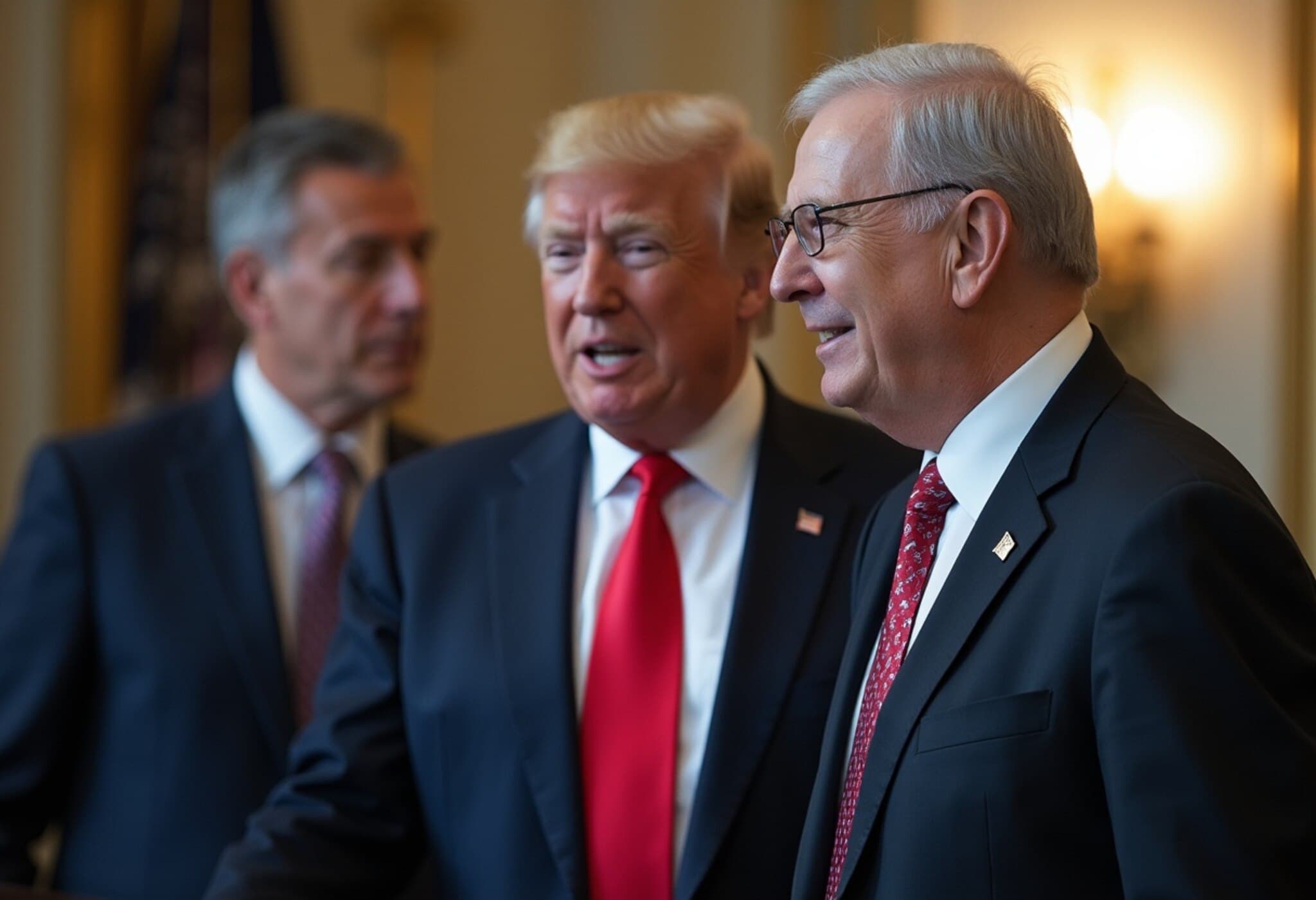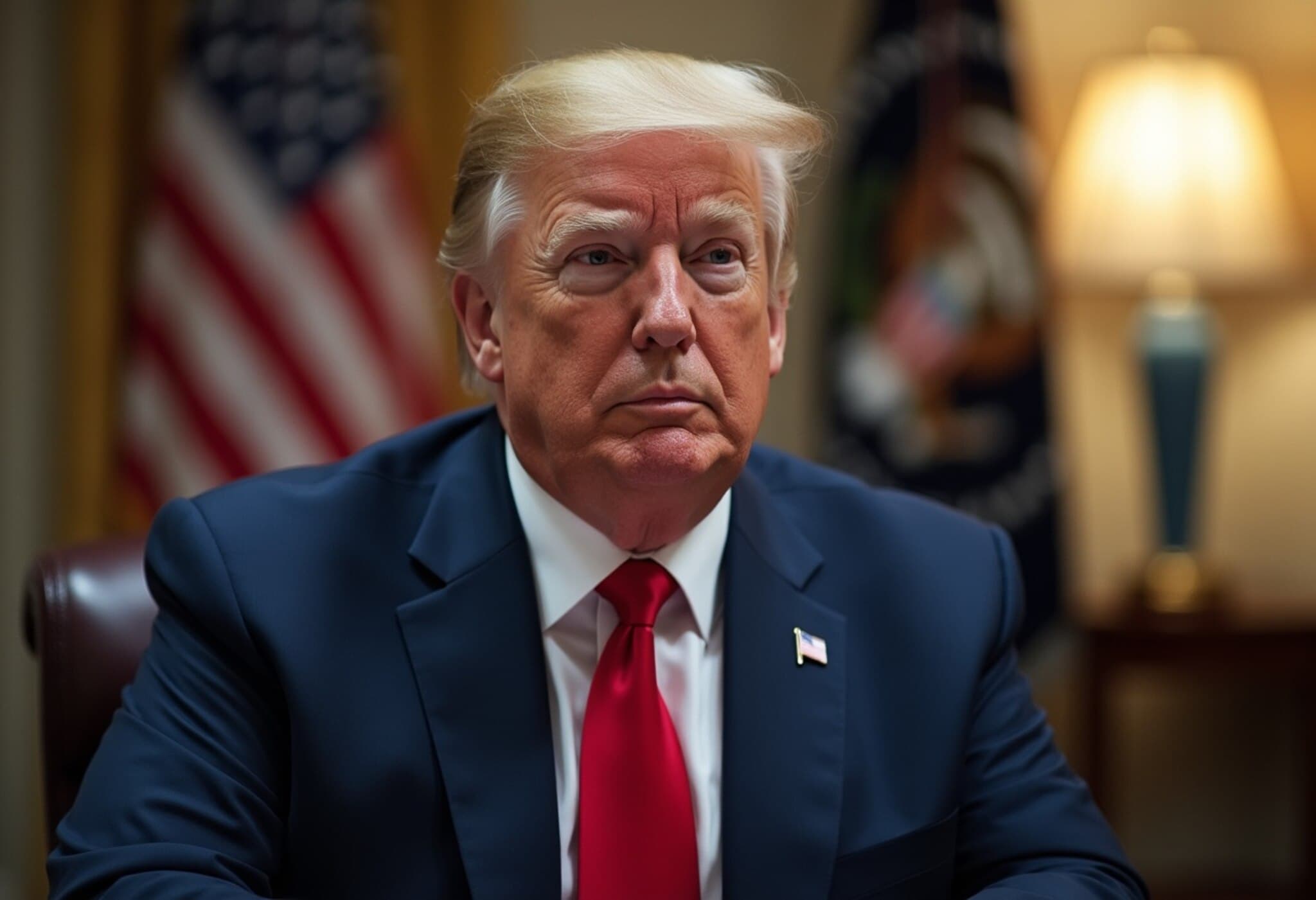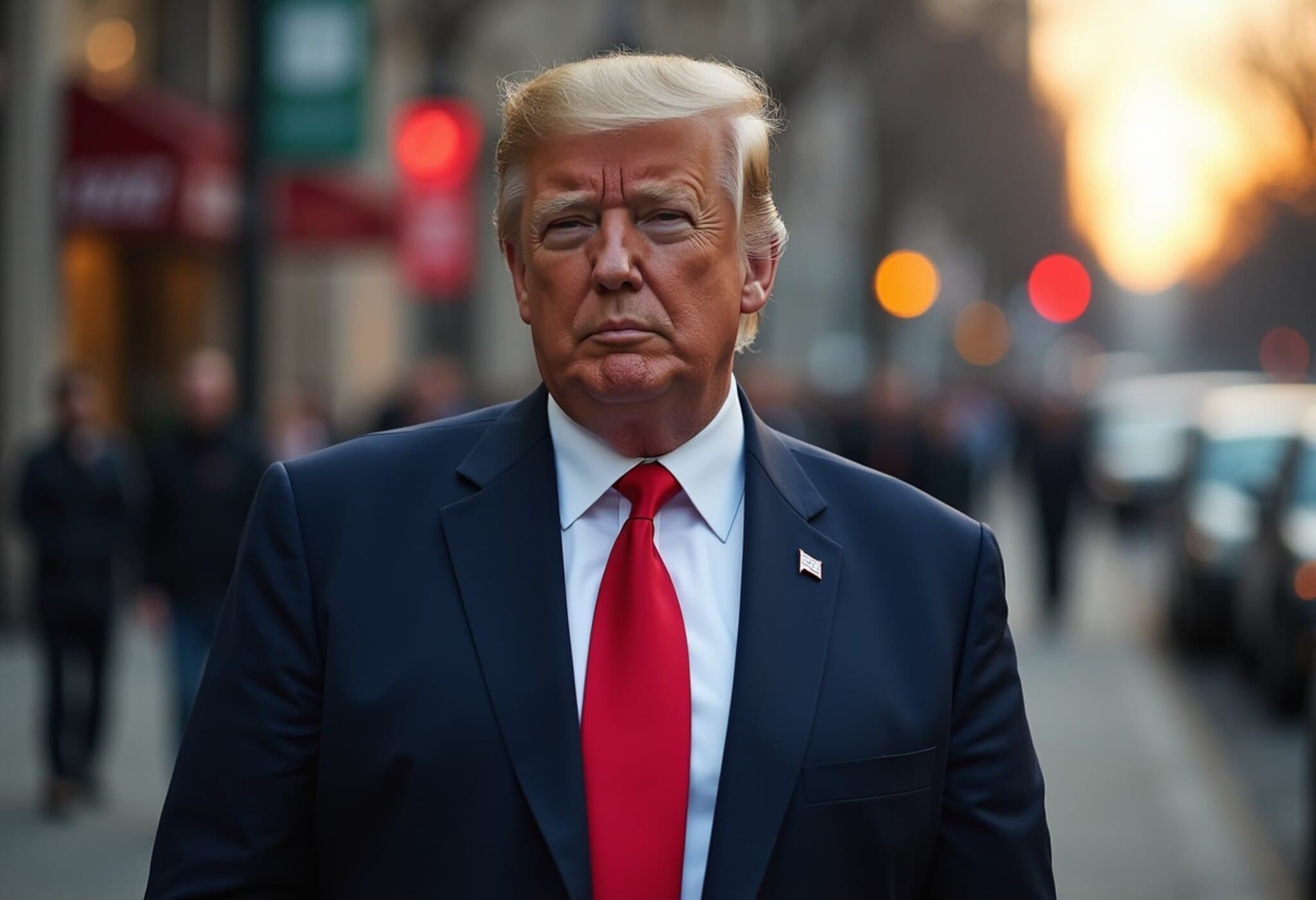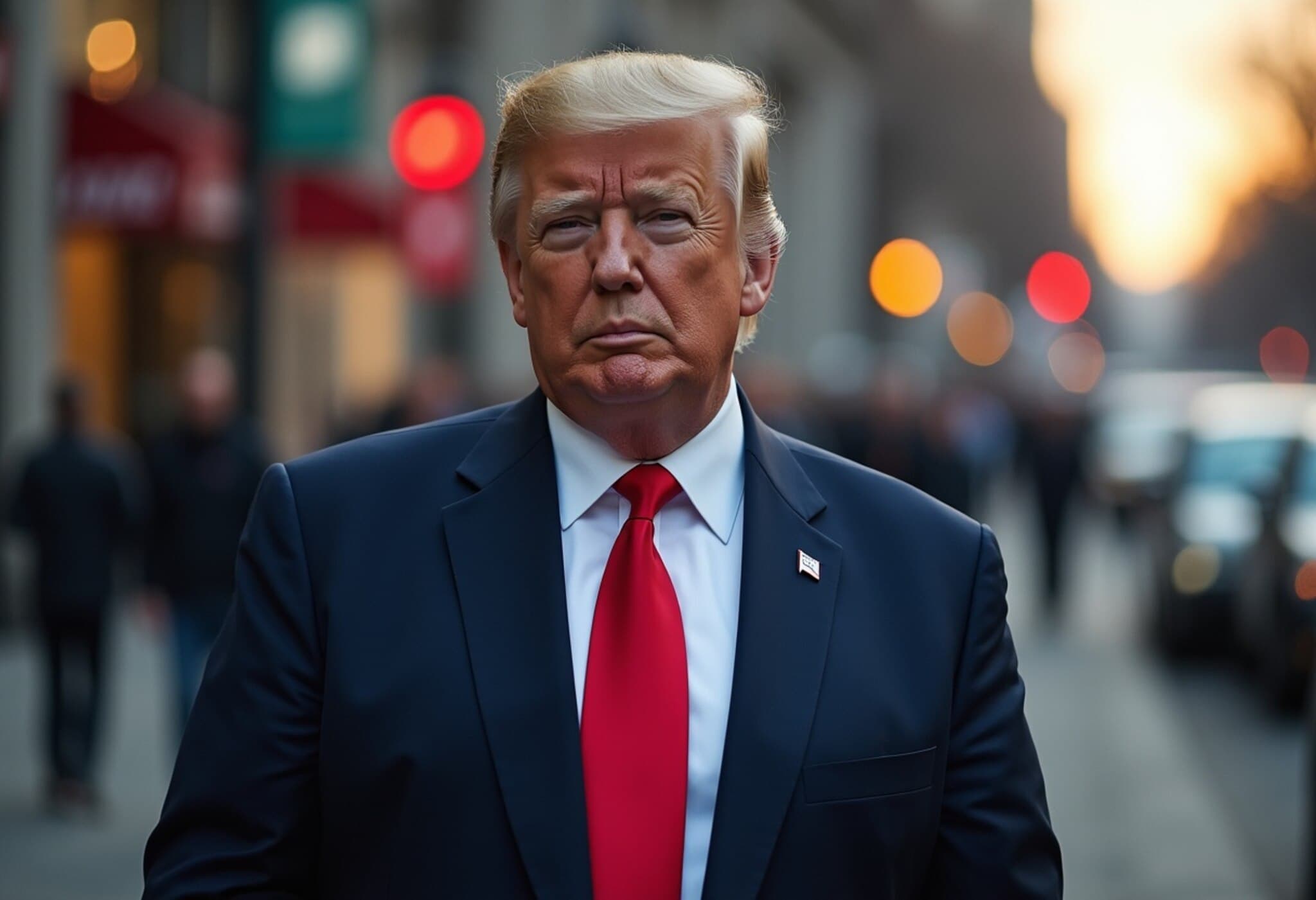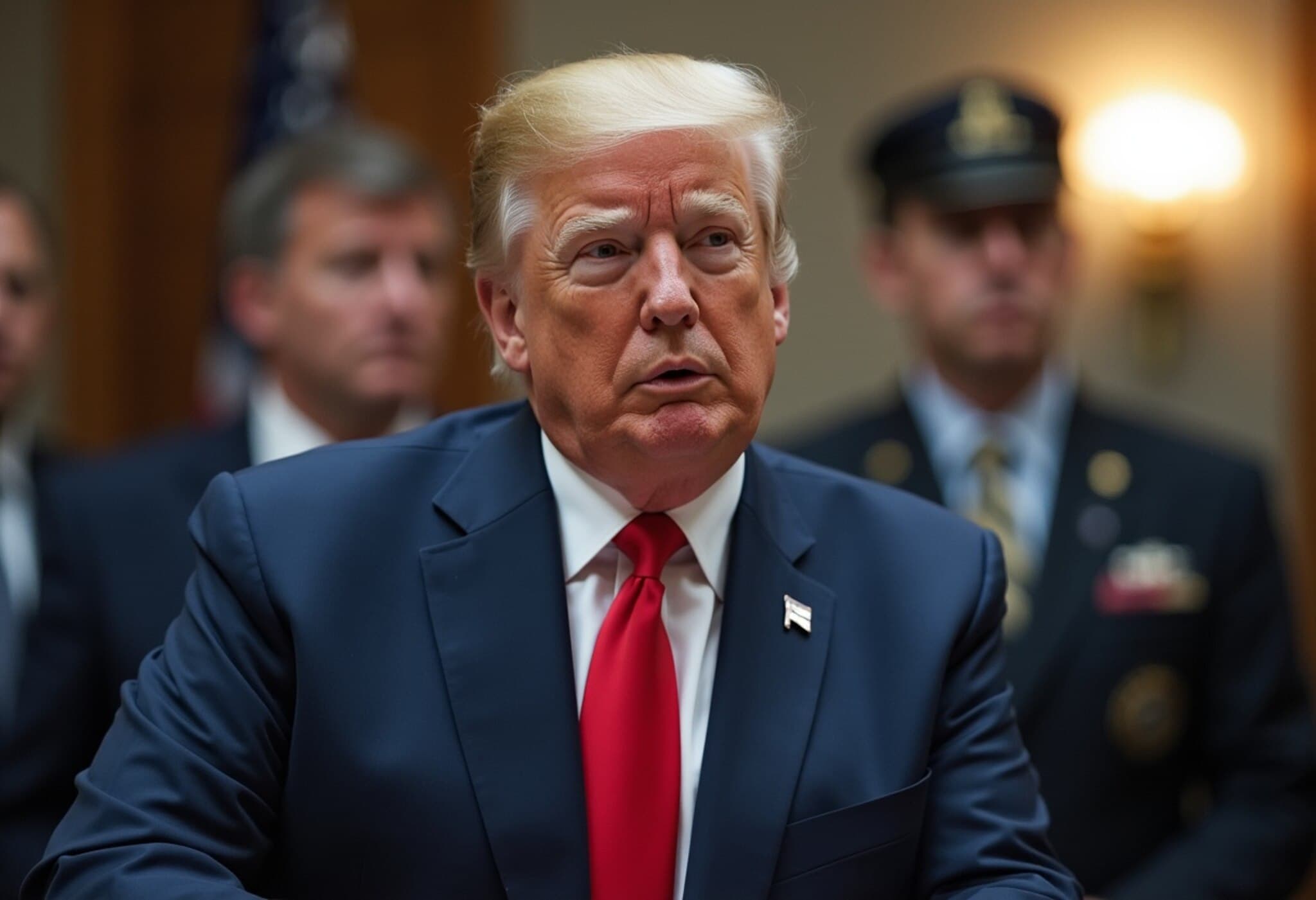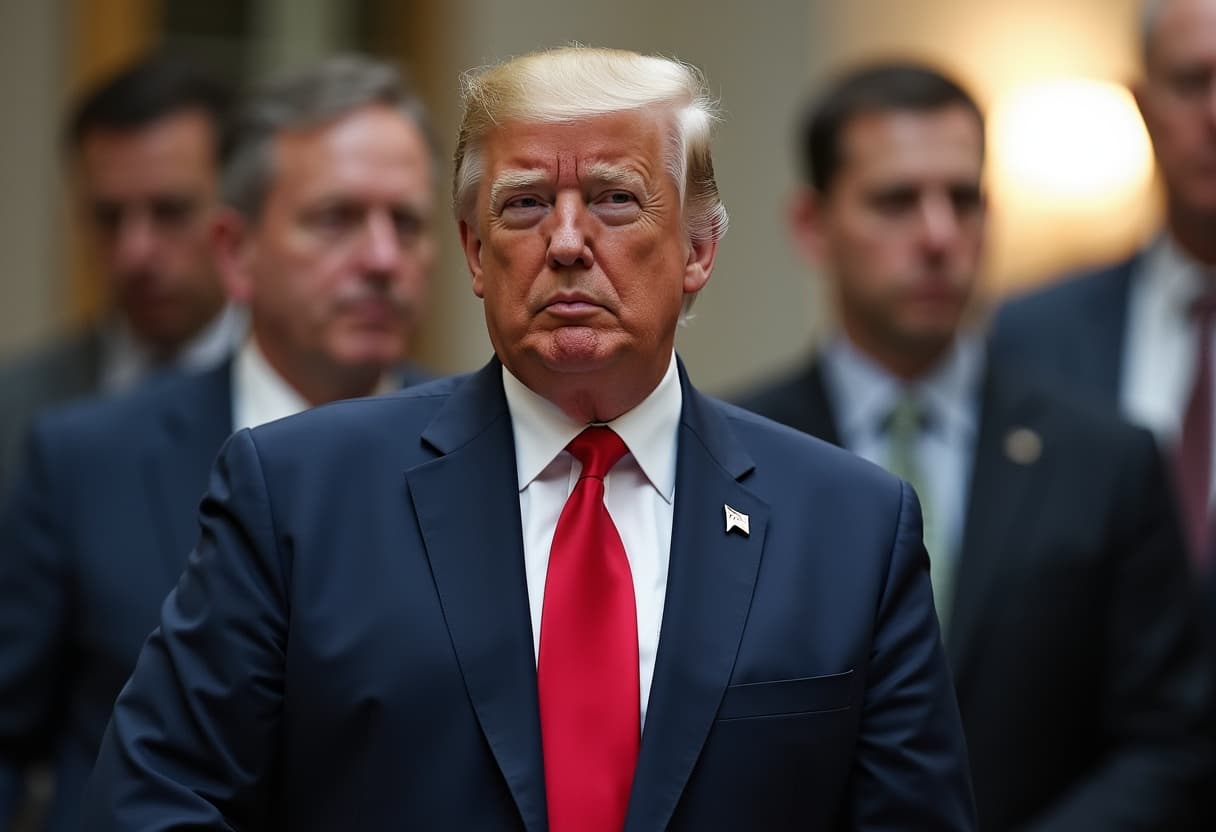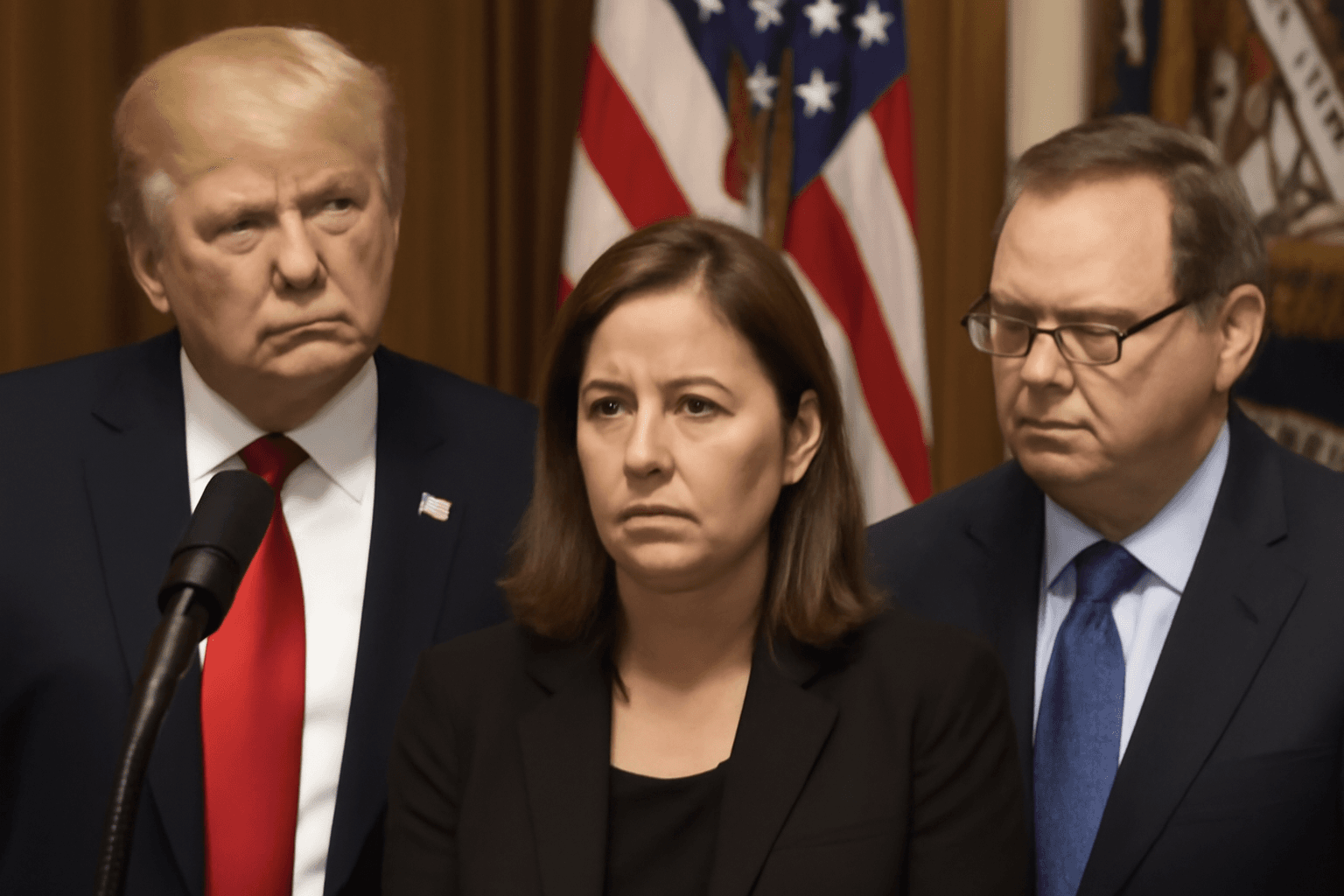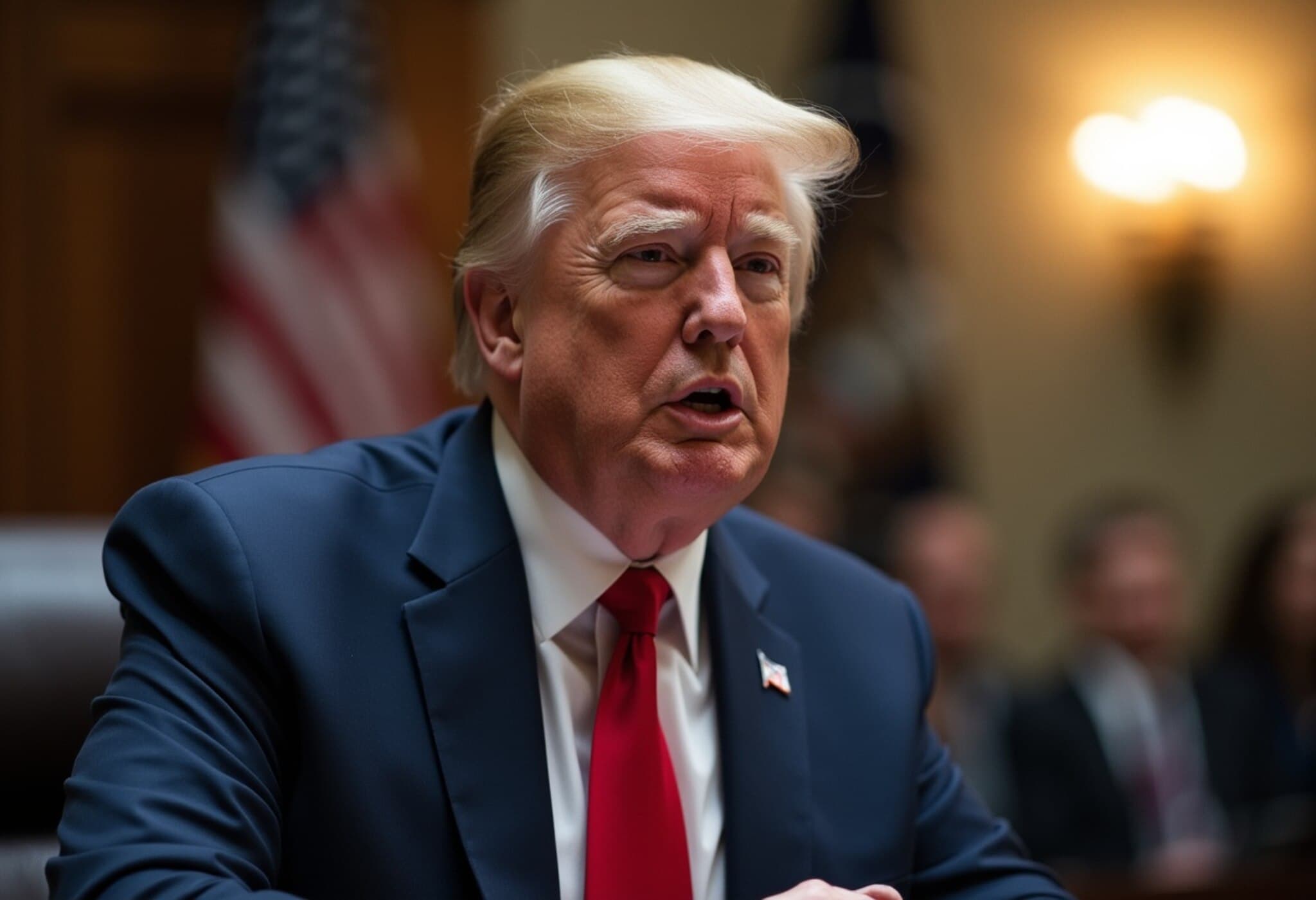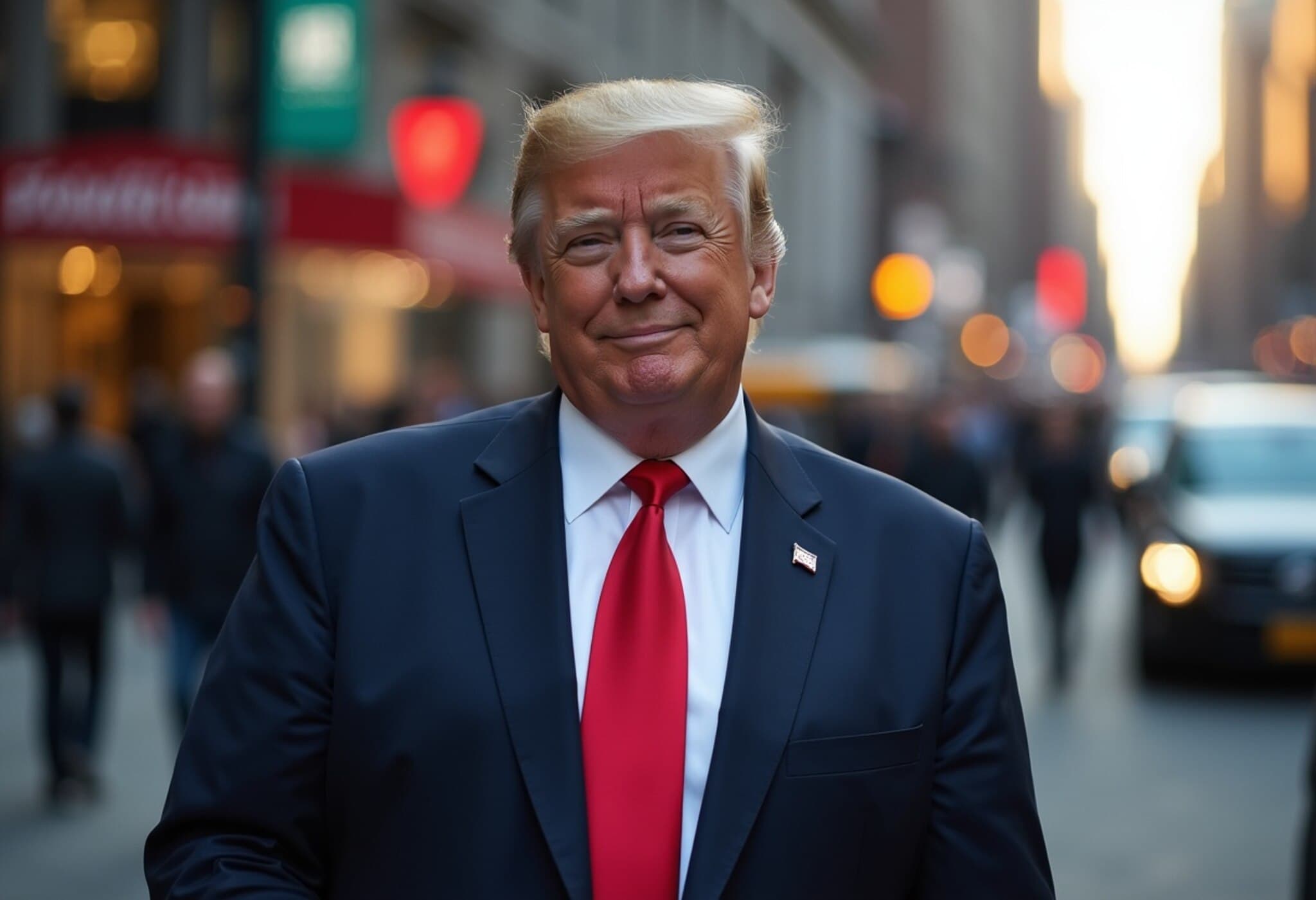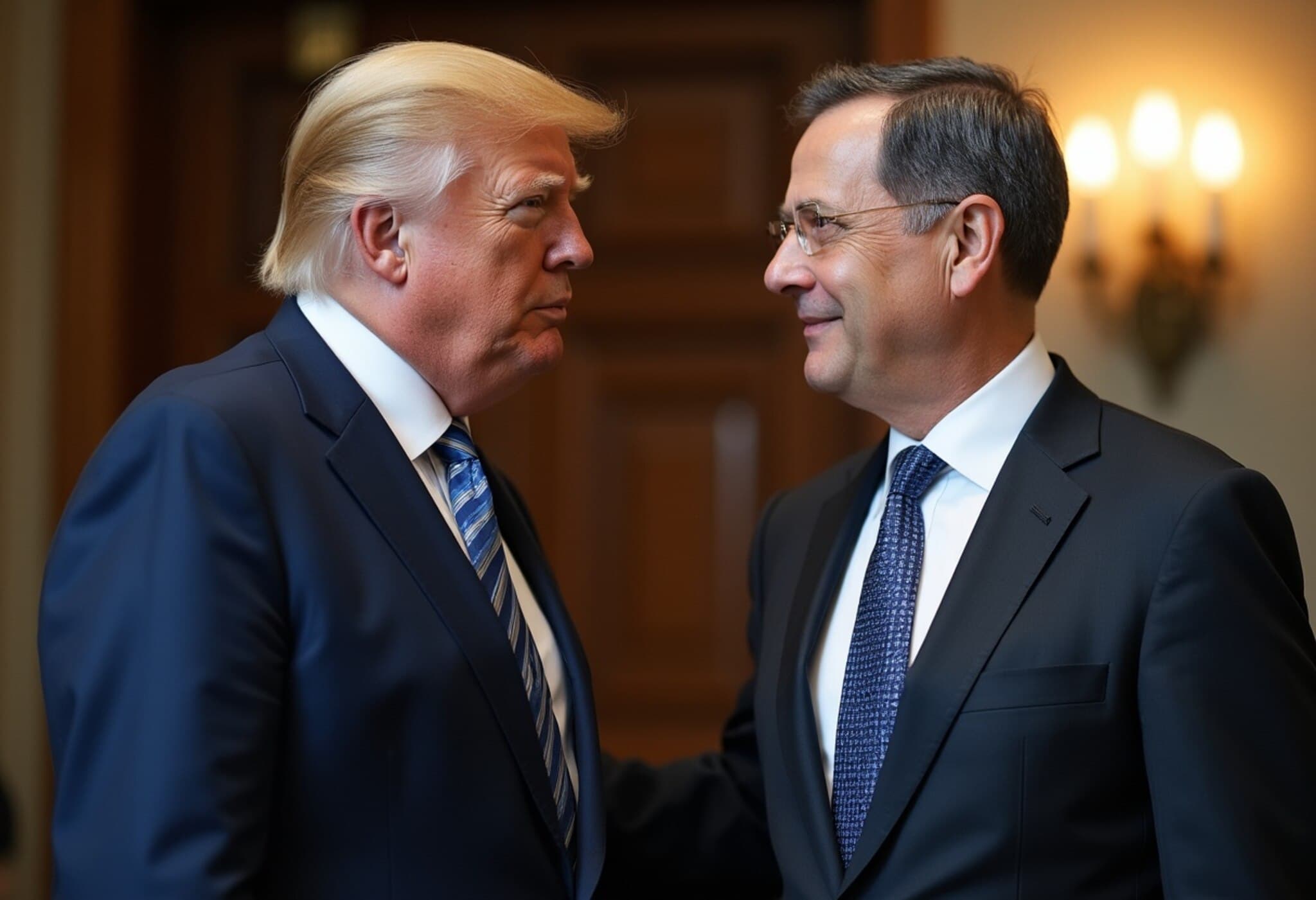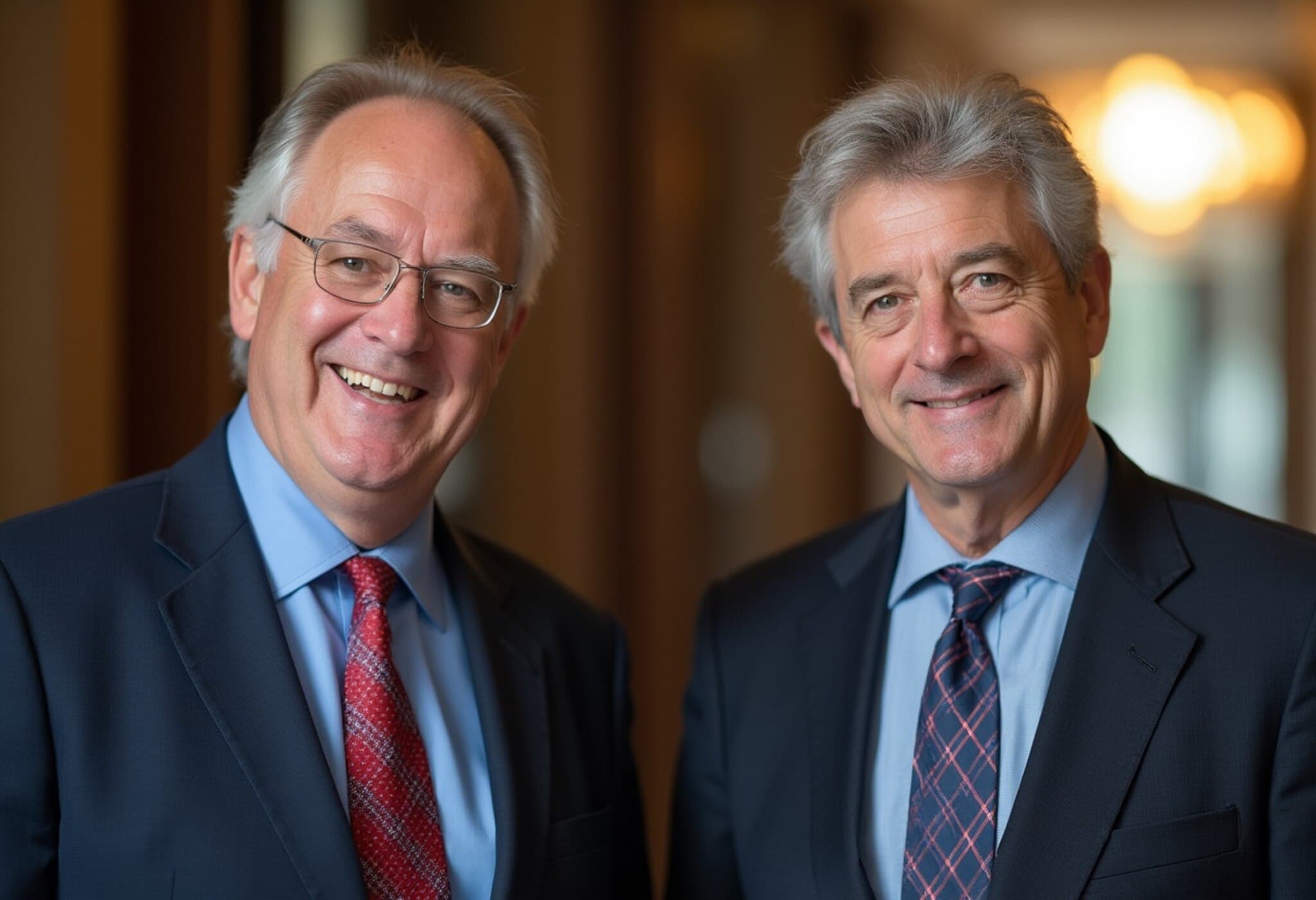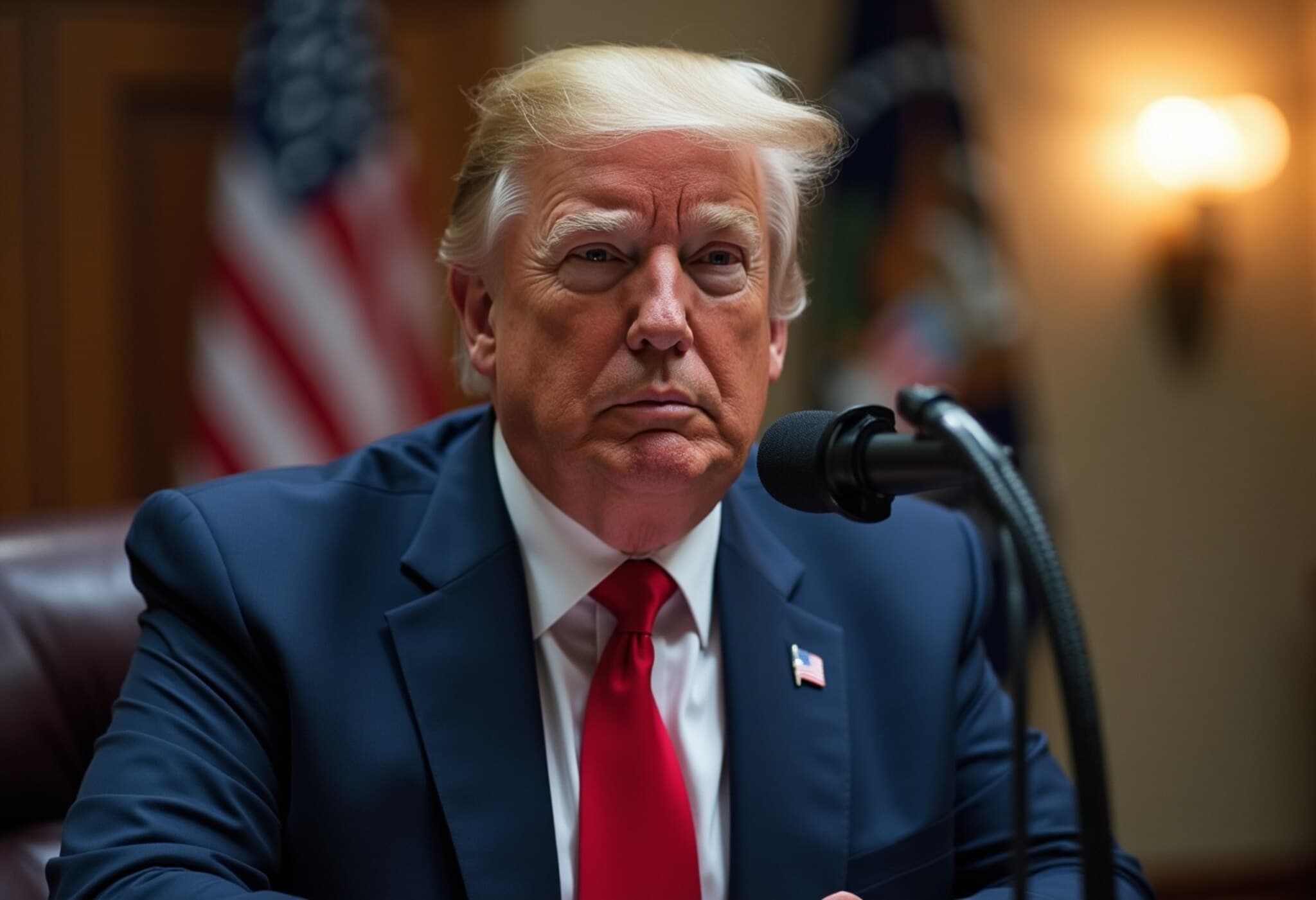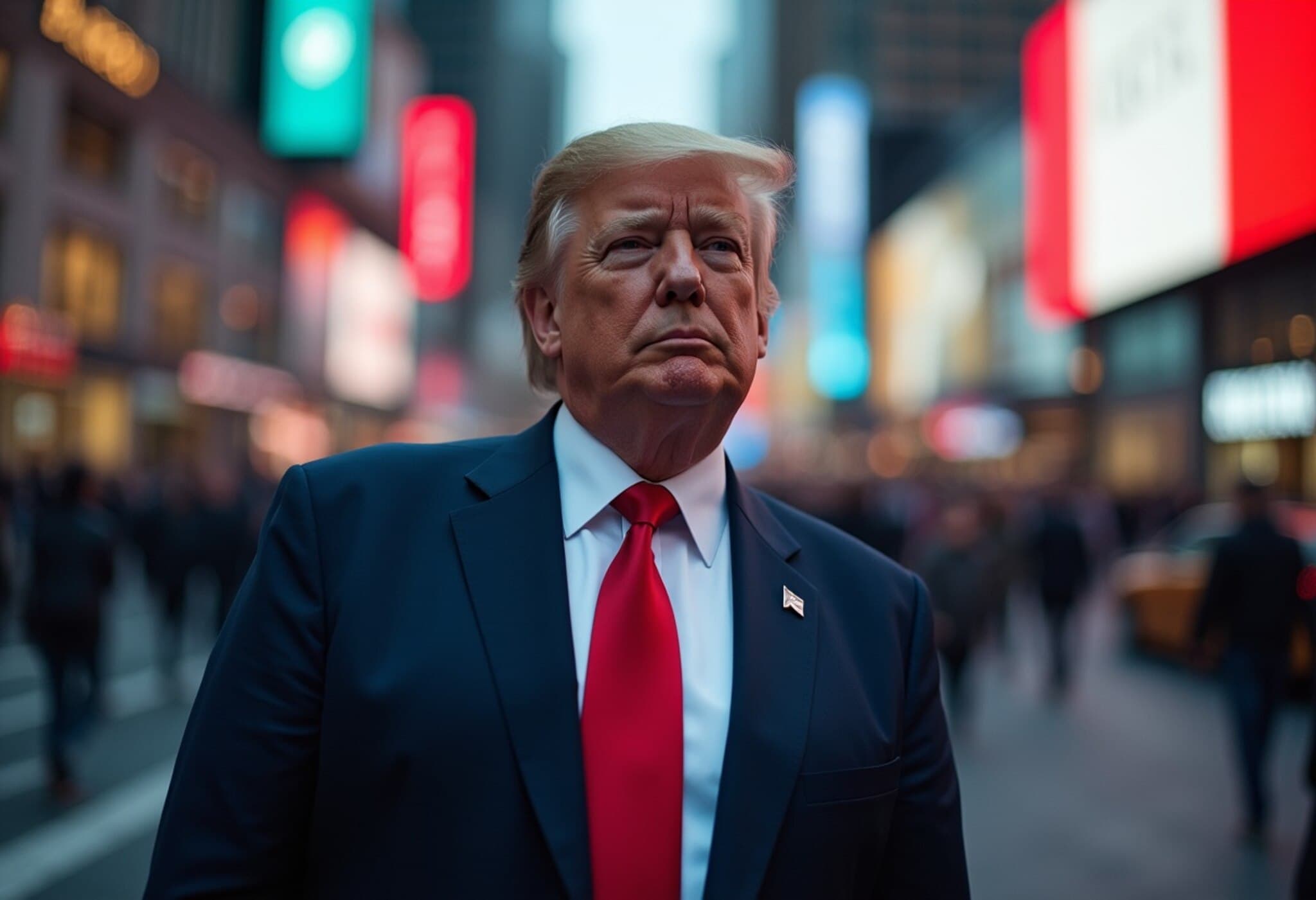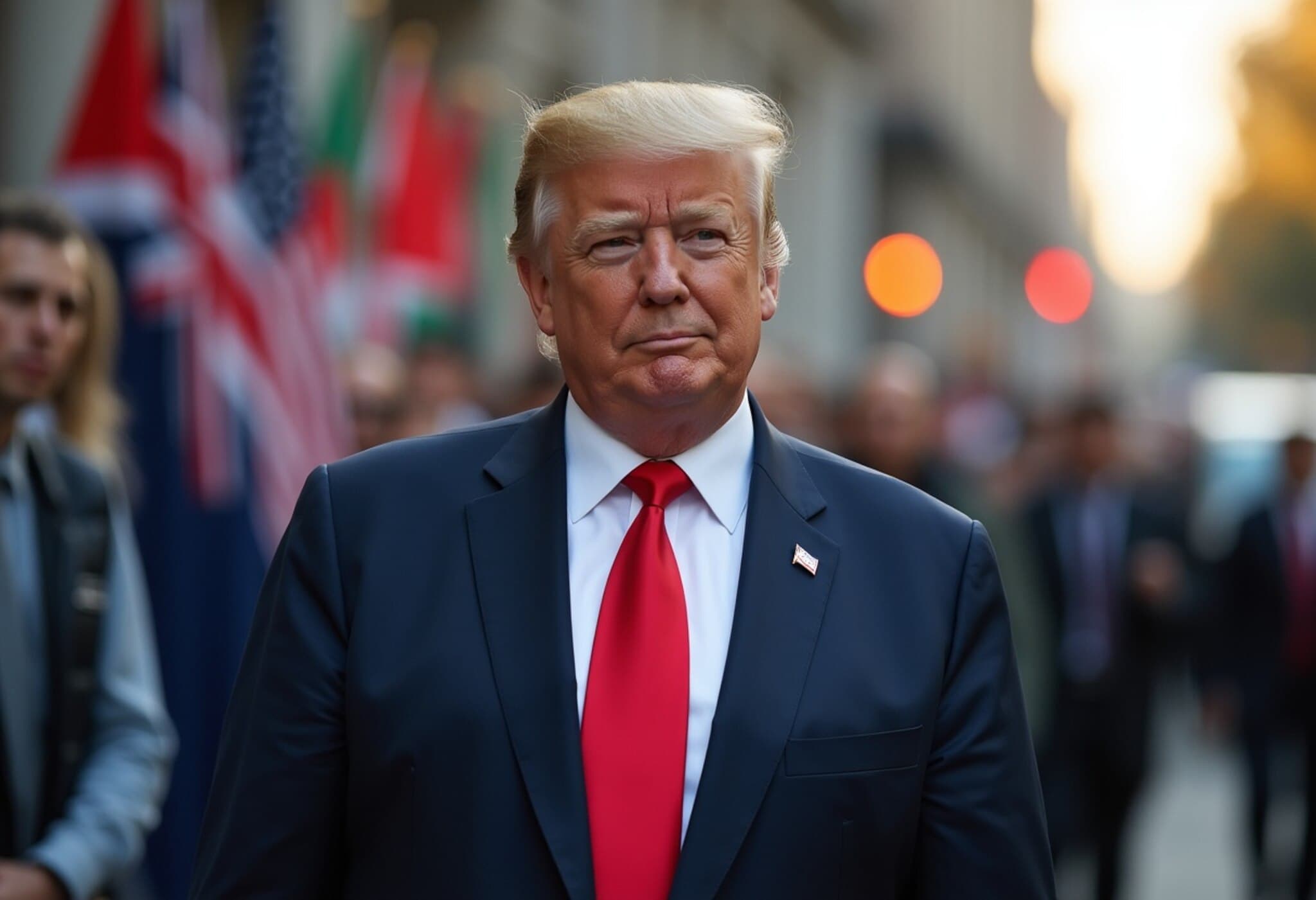Trump Challenges Goldman Sachs CEO Over Tariff Predictions
In a striking rebuke delivered via social media, former President Donald Trump urged Goldman Sachs CEO David Solomon to reconsider his choice of economists or "just focus on being a DJ." This sharp comment came days after the bank's chief economist signaled that American consumers are poised to shoulder a growing burden from tariffs imposed during Trump’s administration.
Backdrop: Tariffs and Their Economic Impact
Jan Hatzius, Goldman Sachs' chief economist since 2011, published a research note warning that despite earlier beliefs that companies and foreign governments largely absorb the cost of tariffs, U.S. consumers are increasingly feeling the pinch. Hatzius and colleagues estimated that while consumers absorbed about 22% of tariff-related costs through mid-2025, this could swell to 67% by October 2025 if trends persist.
Trump, however, has consistently downplayed the inflationary impact of tariffs, emphasizing the surge in Treasury revenue — nearly $28 billion collected just in July 2025 due to tariff duties. In his post, Trump claimed tariffs had not driven inflation and asserted that Goldman Sachs ignored the "cash pouring into our Treasury’s coffers."
Contextualizing the Clash: Economic Perspectives
- The Administration's View: Trump’s stance is rooted in the narrative that tariffs serve as a revenue source rather than a tax on consumers, portraying tariffs as a win for the federal budget.
- Economist’s Perspective: Experts like Hatzius see tariffs as indirect consumer taxes. When import costs rise, businesses often pass these to customers as higher prices, contributing to inflation.
- Market Repercussions: Goldman Sachs also faced criticism for tariff-related economic forecasts that some viewed as pessimistic, reflecting ongoing debate about tariffs’ true cost.
Why This Matters for American Consumers and Policy
The debate highlights a broader issue about how tariffs affect everyday Americans. While increased government revenue may seem beneficial, economists warn that tariffs can act like hidden taxes — raising costs for goods, squeezing household budgets, and fueling inflation.
Moreover, this exchange points to tensions in economic forecasting and political narratives, underscoring how data interpretation can become a battleground for policy arguments.
Expert Commentary
Dr. Laura Chen, a senior economic policy analyst, notes: "Tariffs might boost federal revenues in the short term, but the downstream inflationary pressures and consumer costs often offset these gains. The crux is transparency — consumers need clarity on what they’re paying for." She adds that the friction between politicians and economists is not uncommon but stresses the importance of relying on reputable data to guide public decisions.
Looking Ahead: What to Watch
- Monitoring inflation trends to assess tariffs’ indirect effects on consumer prices.
- How major financial institutions update their economic forecasts in response to evolving trade policies.
- Public debates on tariff policy amid shifting global trade dynamics and upcoming election cycles.
Editor's Note
This public spat between a former president and a major financial institution's CEO underscores the complexities of economic policymaking in a hyper-visible, politically charged environment. Beyond the headlines, it invites deeper reflection on who truly bears the cost of trade barriers like tariffs. For American families feeling price pressure, understanding these economic nuances isn’t just academic — it’s essential for their financial wellbeing.
As the debate over tariffs continues, readers should consider not only official Treasury revenues but the ripple effects across supply chains, businesses, and ultimately, consumer wallets. In an era of economic uncertainty, fostering informed discussions fueled by robust data is more critical than ever.

